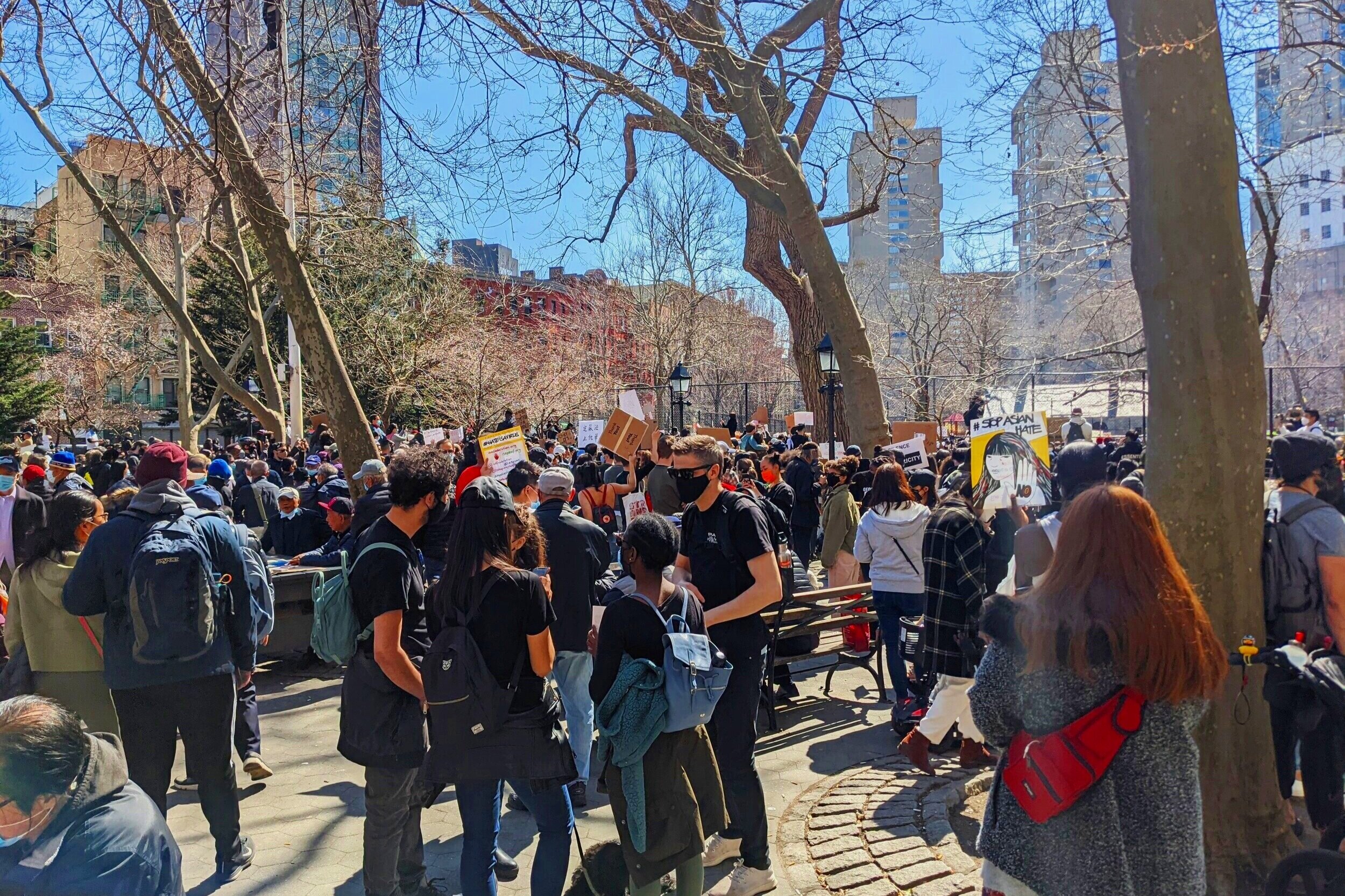friday five five 2.17.17
FRIDAY, FEBRUARY 17TH
1. free speech and the paradox of tolerance
I am so passionate about this ugh okay firstly, free speech does not mean you can say anything you want without inviting consequence. Secondly, there is a very important difference between free speech that some people may find controversial, and hate speech. With the new administration declaring war on “political correctness,” it sends the dangerous message that anything you disagree with should be permitted because of “free speech,” when in fact many of the statements released by the White House are attacks on personal freedom. And this is the dimension this article adds to this argument—that there exists a paradox when using free speech to silence another person or other groups, by intimidation or harassment or otherwise.
2. serial killers should fear this algorithm
This is pretty wild, and awesomely so. These are the kinds of problems that data and technological advancement have the power to solve, and we’re not using it! If applied correctly, this algorithm has the potential to significantly impact serial murder rates in America, and that’s significant, because right now there isn’t anything like it.
3. a hillbilly’s plea to the white working class
A kind of follow-up to The Atlantic’s excellent interview with J.D. Vance, this feature offers a little more insight into Vance’s rise from the poverty of an Appalachian clan in Ohio to a student of Amy Chua’s at Yale Law School, and the social attitudes of the poor white working class, as well as its struggles, which are largely ignored in political discourse today. He kind of serves as the bridge between these polarized cultures, unashamed of his roots as a “hillbilly” and using his experiences to start an important dialogue about class relations. His book, Hillbilly Elegy, exploded following the election due to its comprehensive study of the power distance between classes and attention to little-known problem of social mobility and agency within the white working class. I think it’s good to read these things, even if it is just an interview here and there. This is someone for whom the white working class struggle was very, very real. And while most of us will likely never actually have a conversation with someone from the Rust Belt, learning about his upbringing and his community is a good start.
4. beyoncé’s grammy snub isn’t just an oversight—it’s a real problem
Okay. I wouldn’t normally have an opinion about this because a) I don’t really care about awards shows all that much and b) to be honest, I’m just not as enamored with Beyoncé as the rest of the world is. It’s not that she's not gorgeous and wildly talented; it’s just that I’m not enough of a fan to participate in the whole “Beyoncé is the queen of the universe and everything good in it” dialogue.
But if you didn’t think Lemonade was absolutely iconic, then you’re wrong. Adele certainly deserved an Album of the Year, but against Lemonade, which raised so many important issues like feminism and blackness and human relationships and resilience, it pales in comparison. With Lemonade, Beyoncé used her massive platform to make a very powerful statement in a very politically risky moment, to solidify these issues’ place in mainstream conversation. “Formation,” is probably one of the best examples of how nuanced and intersectional this album is, jam-packed with symbolism about race and ownership and making it not only aesthetically pleasing but culturally relevant. Even the way it was so unconventionally presented—revealed as a surprise drop overnight, a visual album only on exclusive platforms—was revolutionary. She literally changed the way we experience music (as did Frank Ocean’s Endless), and even if you’re not a fan of hers, that’s an accomplishment that demands respect. Lemonade didn’t win because it isn’t for everyone. But that’s the whole point. You’re not supposed to relate to it. You’re supposed to listen.
5. johnson: why men interrupt
Mansplaining is probably one of my least favorite things ever, but I’ve also always resented that it’s called “mansplaining,” because it reduces the problem down to pure sexism. While sexism is undeniably a factor and mansplaining is an almost exclusively male behavior, this research argues that linguistic patterns and power dynamics also play an important factor; it essentially states that males are not (necessarily) naturally condescending, but that there are fundamental differences in the ways men and women communicate and approach problems.






























